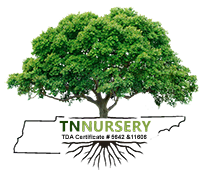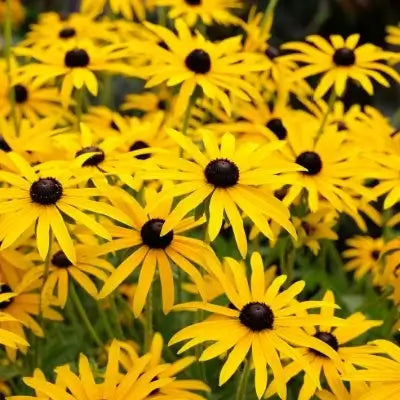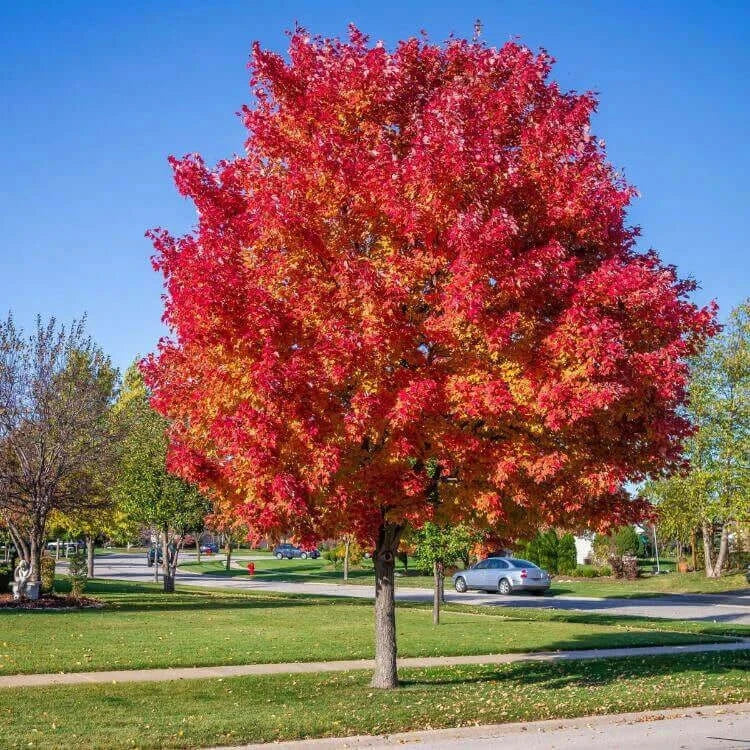A thriving garden is a picturesque delight and an ecosystem teeming with life
One crucial aspect of maintaining a healthy garden is ensuring adequate pollination. While wind and self-pollination play a role, relying on natural pollinators can significantly enhance biodiversity and maximize crop yields.
This article will explore the best pollinators for your garden and how they contribute to your plant's overall health and productivity.
Bees
Bees are the most well-known and influential pollinators. Their furry bodies attract and carry pollen to different flowers as they search for nectar. Honeybees, bumblebees, and solitary bees all play a crucial role in pollination. Establishing bee-friendly habitats with native plants and providing nesting sites can encourage their presence in your garden.
Bees are incredibly efficient and can significantly boost crop productivity. With their vibrant colors and delicate wings, butterflies and valuable pollinators are a pleasure to watch. While they may not be as efficient as bees, they visit various flowers, increasing genetic diversity and contributing to cross-pollination. Creating butterfly-friendly environments with nectar-rich flowers and host plants for caterpillars will attract these beautiful creatures to your garden.
Hoverflies, often mistaken for bees due to their similar appearance, are excellent pollinators. They are attracted to pollen and nectar and can visit many flowers quickly. Hoverflies also help control pests by preying on aphids and other harmful insects. To attract hoverflies, include yarrow, marigold, and lavender in your garden.
Beetles may receive less attention than bees or butterflies, but they are important pollinators, especially for certain plant species. Their large bodies and strong mandibles make them effective at moving pollen. Beetles are particularly attracted to flowers with a strong fragrance and those that produce large amounts of pollen. Plants like magnolias, lilies, and sunflowers can attract beetles to your garden.
Hummingbirds If you live in a region where hummingbirds are prevalent, they can be exceptional pollinators. With their long beaks and ability to hover, hummingbirds are adapted to reach nectar deep within tubular flowers. They prefer brightly colored, fragrant flowers like trumpet vines, salvia, and bee balm.
You can attract these tiny avian pollinators and enjoy their enchanting presence by including nectar-rich plants in your garden.
A diverse range of pollinators contributes to your garden's overall health and productivity
You can enhance biodiversity and ensure adequate pollination by providing a habitat that attracts bees, butterflies, hoverflies, beetles, and hummingbirds. Incorporating native plants, creating nectar-rich environments, and offering suitable nesting sites are effective strategies for attracting these beneficial pollinators.
Remember that a healthy garden ecosystem relies on the presence of diverse species
So strive to create a balanced and harmonious environment that not only flourishes aesthetically but also supports the vital pollination processes that drive bountiful crop yields. -- Tn Nursery https://www.tnnursery.net


























































 " alt="Featured Collection Perennials " />
" alt="Featured Collection Perennials " />
 " alt="Featured Collection Ferns " />
" alt="Featured Collection Ferns " />
 " alt="Featured Collection Live Moss " />
" alt="Featured Collection Live Moss " />
 " alt="Featured Collection Trees " />
" alt="Featured Collection Trees " />
 " alt="Featured Collection Shrubs " />
" alt="Featured Collection Shrubs " />
 " alt="Featured Collection Vines " />
" alt="Featured Collection Vines " />
